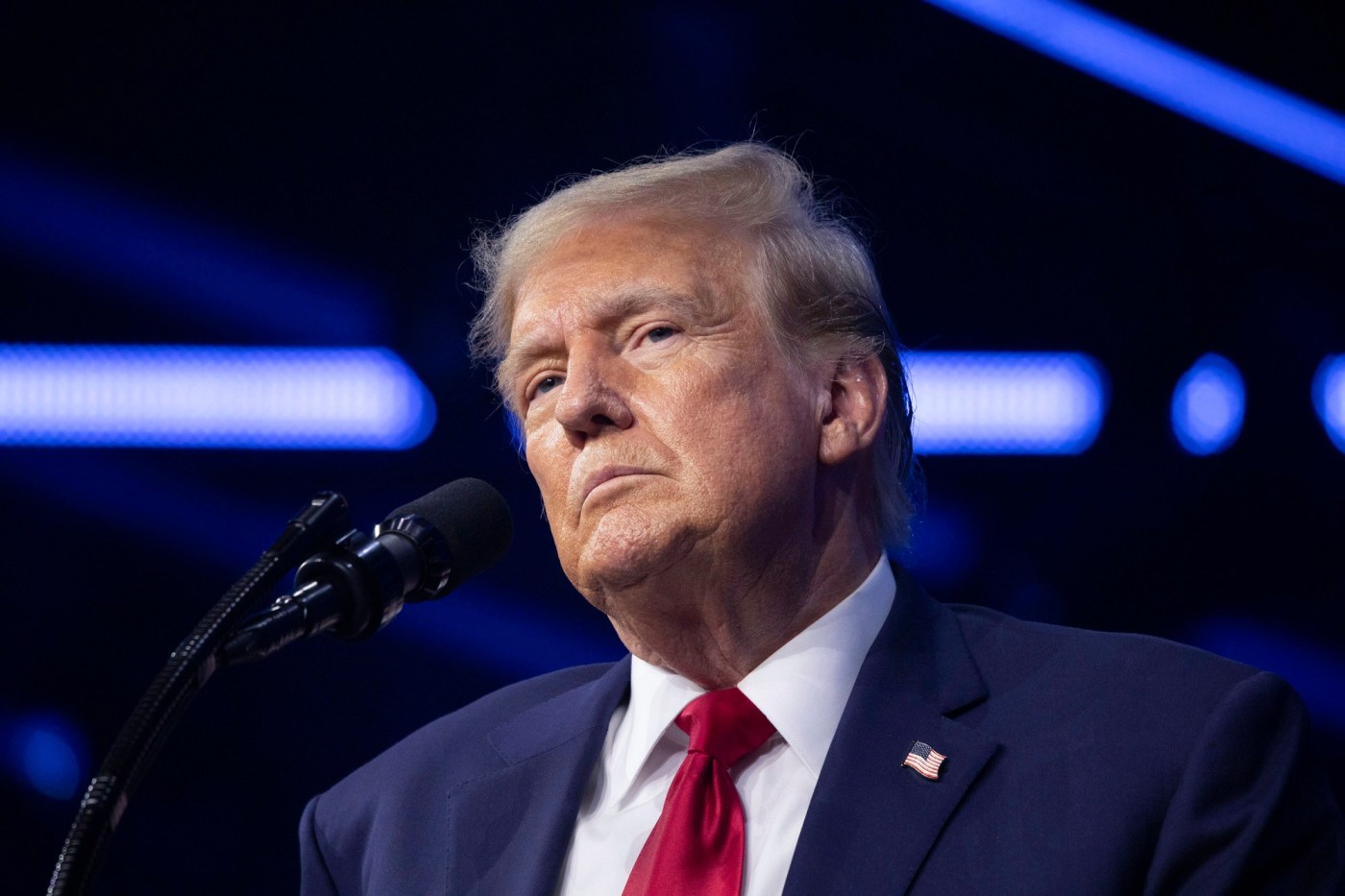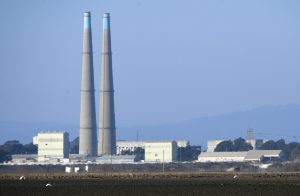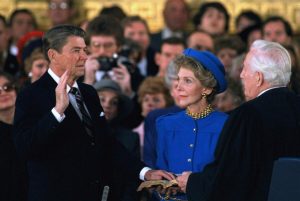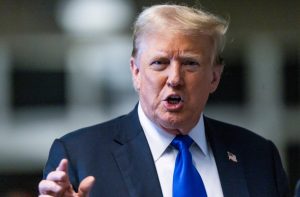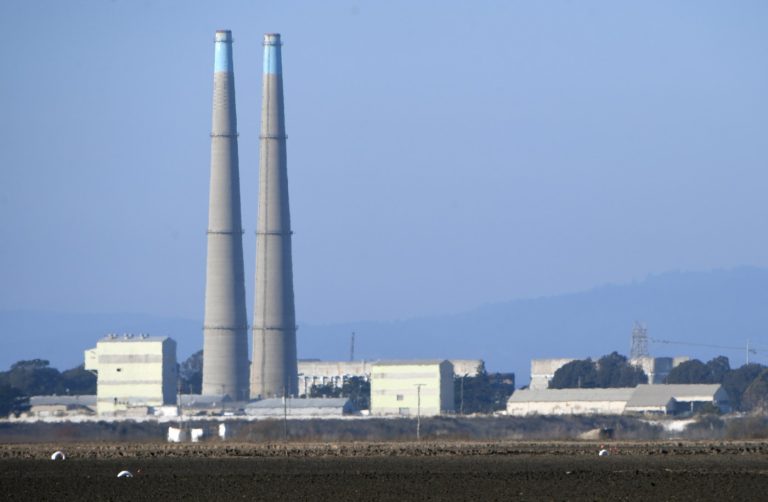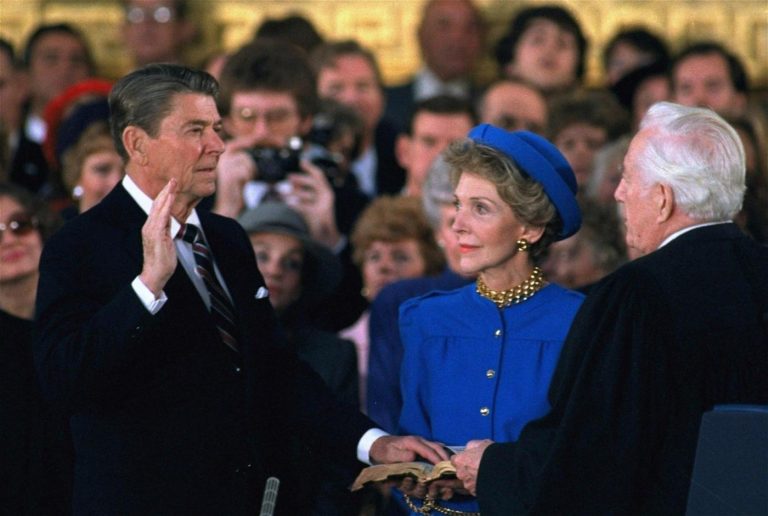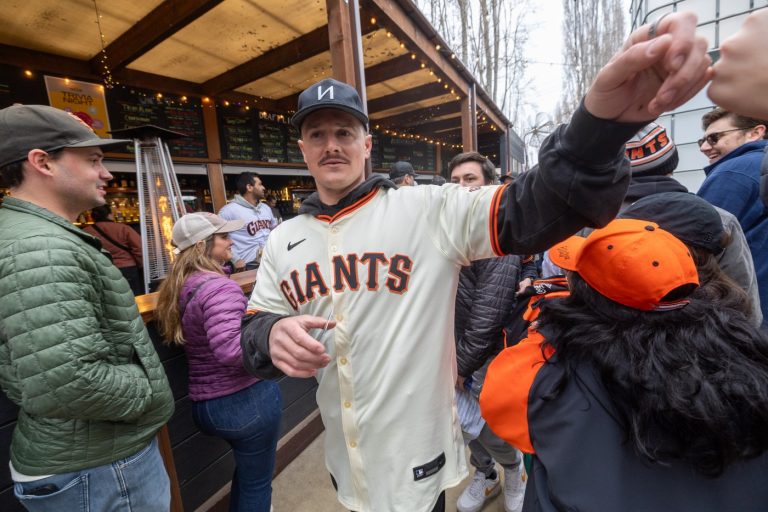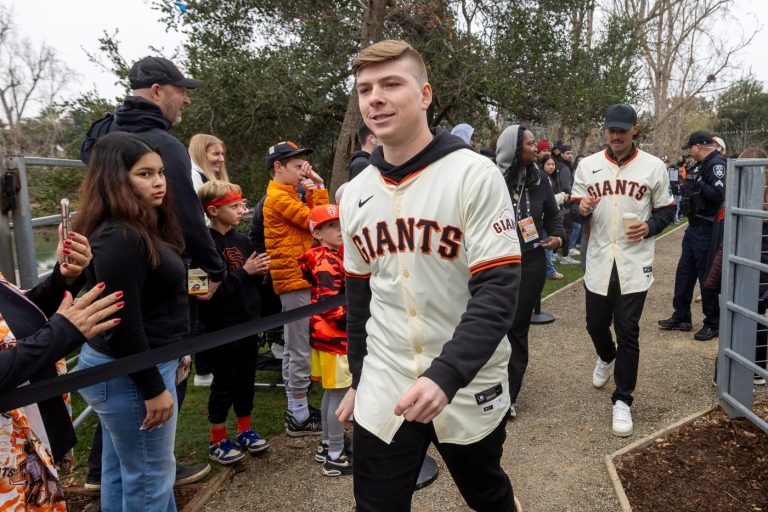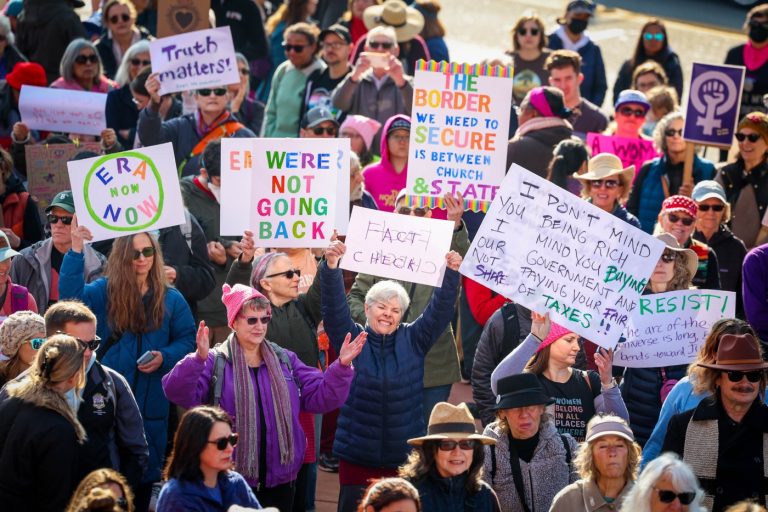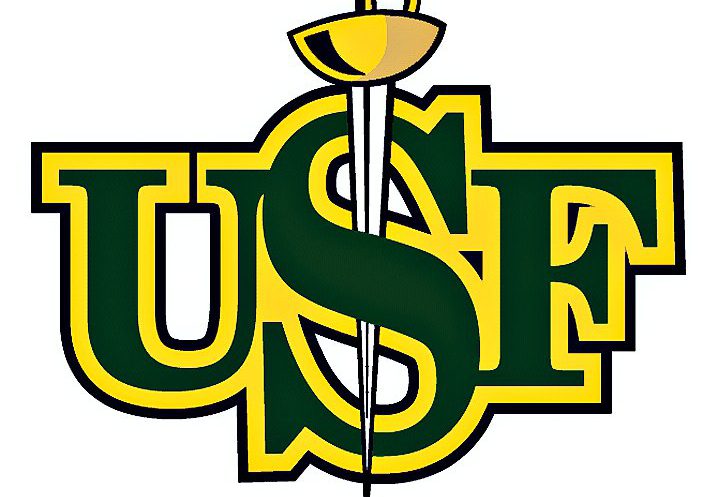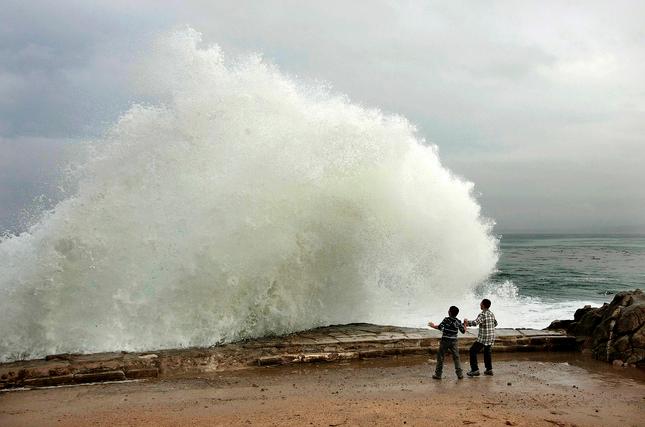Jeremy Roebuck | (TNS) The Philadelphia Inquirer
The Supreme Court’s landmark ruling Monday that former President Donald Trump is shielded from prosecution for some actions he took in his push to overturn the 2020 presidential election complicated the outlook for the remaining criminal cases against him and all but foreclosed the possibility he will stand trial again before Election Day.
But the court’s 6-3 decision, which split along ideological lines, left open the prospect that the former president could still end up facing a jury.
Here’s what to know about the historic decision:
How did we get here?
Related Articles
Highlights from Supreme Court term: Rulings on Trump, regulation, abortion, guns and homelessness
Feldman: The Supreme Court just gave itself a lot more power
The Supreme Court keeps on hold efforts in Texas and Florida to regulate social media platforms
Supreme Court rules ex-presidents have broad immunity, dimming chance of a pre-election Trump trial
Landmark Supreme Court ruling in Chevron case could curb environmental protections in California
The case before the justices was an election subversion case filed by special counsel Jack Smith in Washington, D.C., alleging that Trump broke several federal laws as he sought to stay in power in 2020.
Prosecutors have accused Trump of actions including assembling slates of fraudulent presidential electors, enlisting the Justice Department to legitimize his false claims of voter fraud, and pressuring state officials and Vice President Mike Pence to overturn President Joe Biden’s victory.
Trump argued that many of the steps he took were part of his official duties to ensure the integrity of elections and that, as a former president, he is entitled to absolute immunity for all actions taken while in office.
Smith, meanwhile, maintained that granting Trump such blanket immunity would run counter to the principles on which the nation was founded and essentially elevate presidents above the law.
What did the Supreme Court say?
The court’s decision Monday granted Trump substantial — but not absolute — immunity from criminal charges, noting the threat of future prosecution could chill a president’s ability to do the job.
In writing for the majority, Chief Justice John G. Roberts Jr. said the justices were less concerned with the charges Trump is facing in this moment than they were with the impact their decision would have on the office of the presidency.
In his opinion, Roberts stressed the importance of safeguarding “an energetic, independent executive” and ruled that courts should afford presidents at least the presumption of immunity for all official acts they take while in office.
“The president therefore may not be prosecuted for exercising his core constitutional powers, and he is entitled, at a minimum, to a presumptive immunity from prosecution for all his official acts,” Roberts wrote. “That immunity applies equally to all occupants of the Oval Office, regardless of politics, policy or party.”
Private conduct, however, is another matter, Roberts said. For instance, criminal actions a president might take while acting as a candidate for reelection could warrant criminal charges, under the court’s reasoning.
What does the ruling mean for Trump’s case?
The justices largely stopped short of deciding whether the charges lodged against Trump can move forward. Instead, they sent the case back to a lower court to determine how much of the conduct detailed in the indictment falls into the category of officials acts of the presidency vs. how much should be considered private actions by Trump while he held the office.
Roberts was clear, however, on one element of the indictment: Trump is immune from charges stemming from what the prosecutors have described as his push to squeeze Justice Department officials to back up his false claims of widespread voter fraud in 2020.
Because one of the duties of presidency is overseeing the Justice Department, Roberts reasoned, any actions Trump took to do so — no matter how wrong they may appear in hindsight — should be shielded from prosecution.
As for the indictment’s other allegations against Trump, Roberts said more fact-finding is needed.
He instructed the judge presiding over the case to determine whether the two other central planks of the indictment — Trump’s efforts to organize false slates of presidential electors in battleground states and to pressure Pence and lawmakers in key battleground states to assist him in undermining public confidence in the results — came as part of Trump’s exercising his official duties as president or if they were acts undertaken solely in his private role as a presidential candidate.
This process is bound to be contentious and protracted as Trump and the Special Counsel’s Office are likely to have very different answers to those questions. And any ruling made in the lower courts will almost certainly be appealed, possibly bringing the matter back to the Supreme Court again.
Does the Supreme Court’s ruling affect Trump’s other charges?
Trump faces two other pending sets of charges — one in Georgia, for attempting to overturn the results of the 2020 election in that state, and another in Florida involving his alleged mishandling of classified documents after leaving office.
The same questions that now hang over the election subversion case in Washington are likely to also bedevil the Georgia case, which was brought by Fulton County District Attorney Fani Willis. Trump’s lawyers will almost certainly argue that some of the charges against him in that indictment should be thrown out under the presidential immunity standard the Supreme Court established Monday.
The Florida case, which concerns scores of classified and sensitive documents found at Trump’s Mar-a-Lago estate, is largely focused on his conduct after he left office, which would likely fall under the Supreme Court’s description of “private acts” that would be subject to prosecution.
Monday’s ruling is not expected to affect Trump’s conviction in Manhattan last month on a fourth set of charges involving his role in a conspiracy to pay hush money to the porn actress Stormy Daniels, with whom he allegedly had an affair. The cover-up at the heart of that case had nothing to do with Trump’s duties as the president.
He faces sentencing on those charges next week.
Will Trump’s trials happen before the election?
As a result of the Supreme Court’s decision Monday, the chances that Trump will stand trial again before Election Day are now vanishingly small.
And that ultimately plays in his favor.
The additional fact-finding the justices ordered in the election subversion case in Washington could take months — and subsequent appeals could drag that process out even longer.
If Trump wins election in November, he could, after his January swearing in, order the Justice Department to abandon the case as well as his classified documents case in Florida, both of which consist of federal charges.
He would have no such authority over the Georgia case, which was brought by state prosecutors. But those proceedings are currently stalled while the state’s Court of Appeals reviews a judge’s decision to allow Willis, the Fulton County district attorney, to remain on the case despite a romantic relationship she had with a special prosecutor she hired to try the case in court.
If Trump were to win election before that case were ready for trial, it would likely be stayed by a court until after he completes his term in office.
How are people reacting to the Supreme Court ruling?
Trump was quick to declare victory on Monday.
“BIG WIN FOR OUR CONSTITUTION AND DEMOCRACY,” he posted on his social media platform Truth Social shortly after the release of the court’s decision. “PROUD TO BE AN AMERICAN!”
The court’s liberal justices, however, characterized their colleagues’ decision a travesty that grants presidents license to abuse the powers of their office with impunity.
“Today’s decision … reshapes the institution of the presidency,” Justice Sonia Sotomayor wrote in a scathing dissent. “It makes a mockery of the principle, foundational to our Constitution and system of government, that no man is above the law.”
Biden’s campaign, meanwhile, questioned not only the ruling but also the integrity of justices who made it.
“Donald Trump wants to be a dictator. He wants unchecked power,” deputy campaign manager Quentin Fulks told reporters Monday afternoon. “He put justices on the court who ripped away freedoms from Americans and then gave him the freedom to do whatever he wants today.”
_____
(Staff writer Nick Vadala contributed to this article.)
_____
©2024 The Philadelphia Inquirer. Visit inquirer.com. Distributed by Tribune Content Agency, LLC.
